When I was diagnosed with type 2 diabetes in 2011, I had a hard time processing it. I spent weeks, if not months, wondering how this happened to me and if I was diagnosed correctly this time. Initially, I was misdiagnosed, so the seed of doubt was planted. Over time, I accepted the fact that I have type 2 diabetes, but it was a big pill to swallow.
What nobody told me about accepting the diabetes diagnosis is that I would have to move beyond more than my own doubt and denial, but also the denial and doubt of others. Nobody told me that I would have to defend my position of accepting my diagnosis to others. That I would run into people (friends, family, and strangers) who held strong beliefs that type 2 diabetes was “curable” with diet and that my accepting the diagnosis and taking medication for it was a sign of giving up on finding the cure that they knew was out there and available. For these people (mostly people who do not have diabetes, I might add), I wasn’t searching hard enough for the cure, drinking the right teas, or eating the right combination of foods.
Nobody told me that I would have an appointment with a family medicine physician who would accuse my grandparents and other immediate family members of lying about their health because she couldn’t believe that my parents have seven siblings each and none of them have diabetes nor any of their children, therefore, making me the first in the family with diabetes. For her, type 2 diabetes is genetic, period. Nobody told me how to process that assault against my entire family while looking at the same person for care, so I only knew to never return. I do hope she’s since learned through her continuing education courses that genetics is not the total sum of type 2 diabetes.
Nobody told me that as a young person with type 2 diabetes, I’d run into people who couldn’t accept that I had diabetes and encouraged me to seek a second and third opinion because for them, type 2 diabetes didn’t happen to young people. For them, my accepting the diagnosis was like taking away their utopian idea that young people are always healthy and don’t develop chronic illnesses.
Nobody told me that I would one day share my diagnosis story in front a room of healthcare providers and a couple of them would doubt that I have type 2 diabetes and during the question and answer section of my talk, let me know that. They’d say, “I don’t think you have type 2 diabetes, you should get tested for type 1.5 because it sounds like that to me.” To them, my accepting the type 2 diagnosis meant that their textbooks and/or framed understanding of a “classic” case of a person living with type 2 diabetes is wrong.
What nobody told me is that I would have to work through my own doubt not once, but many times and over many years. Because of the last scenario mentioned above, I intend to spend the early part of 2019 trying to find out for sure that I don’t have type 1.5.
Nobody told me that I’d constantly meet people who would try to resurrect my doubt and display disappointment in my acceptance. This is exhausting. I have long since concluded that I will no longer defend myself to the people who believe in magical teas, instead I will just ask for the number of their supplier and a free sample. This seems to work as I have not yet received a telephone number or a sample from anyone, only a promise that they will get back to me.
What nobody told me about accepting my diabetes diagnosis is that I’d constantly get questioned about it. This has made me understand why there are so many people living in denial because it’s hard to move beyond denial when others encourage it. I wish people understood that accepting the diagnosis is already a deeply personal and emotional experience and that their expressions of doubt aren’t helpful. I often think these conversations are more about those people thinking…if it could happen to her, then it could happen to me, so they push back with disbelief. What nobody told me is that I would have to work through other people’s doubt along with my own and at times that is a lot to deal with.
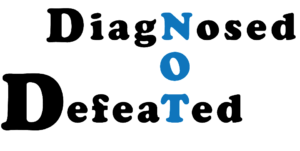

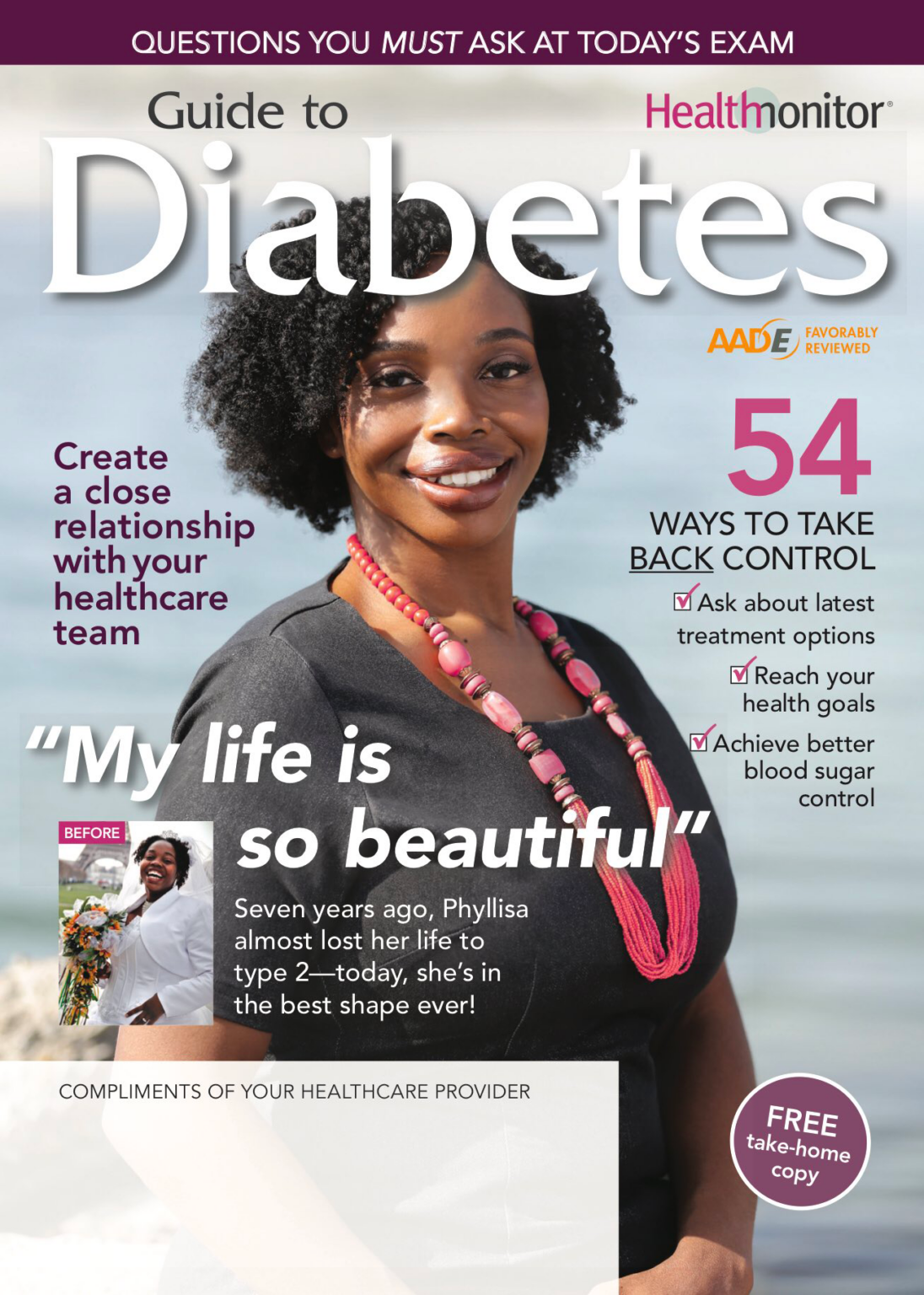
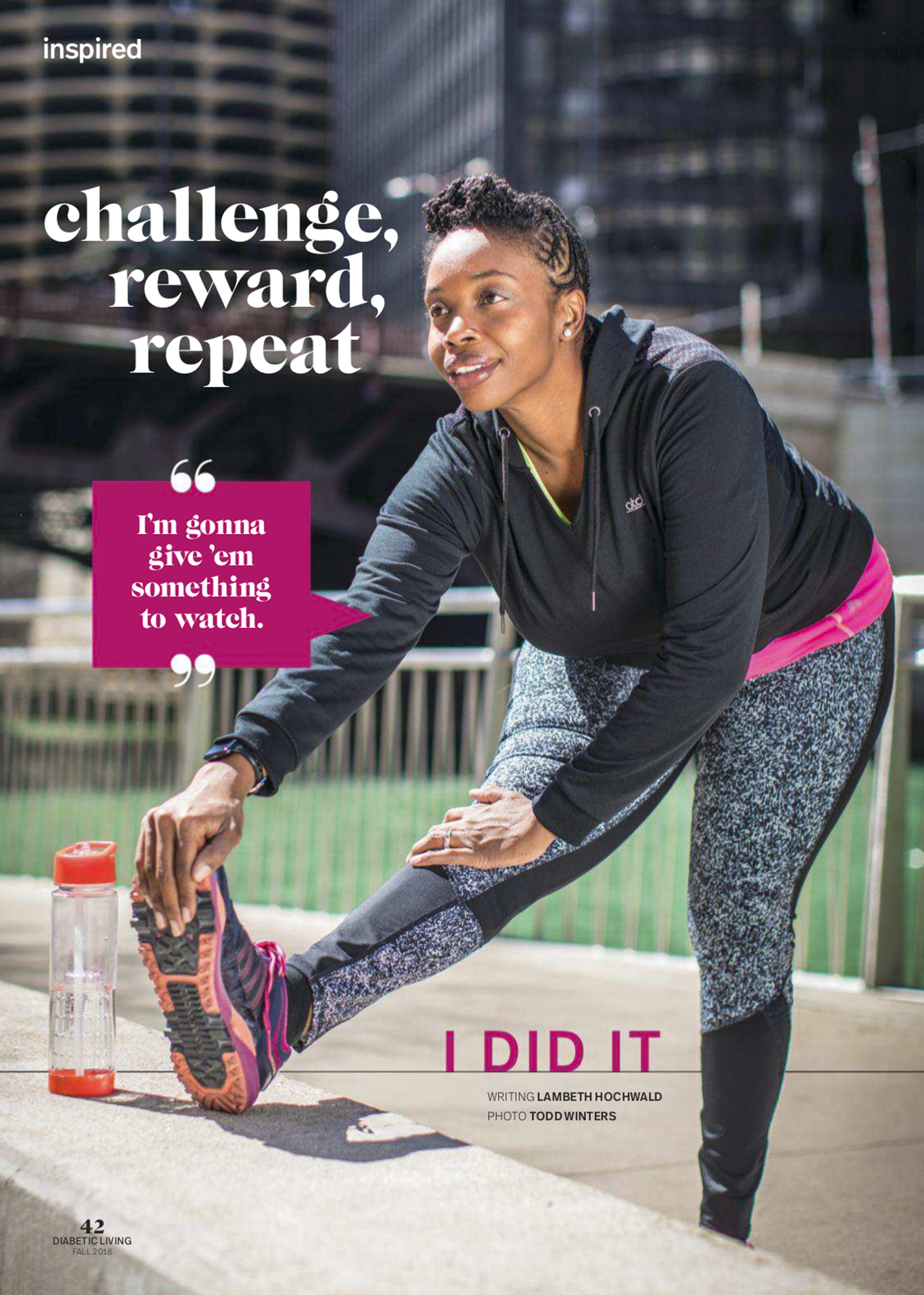
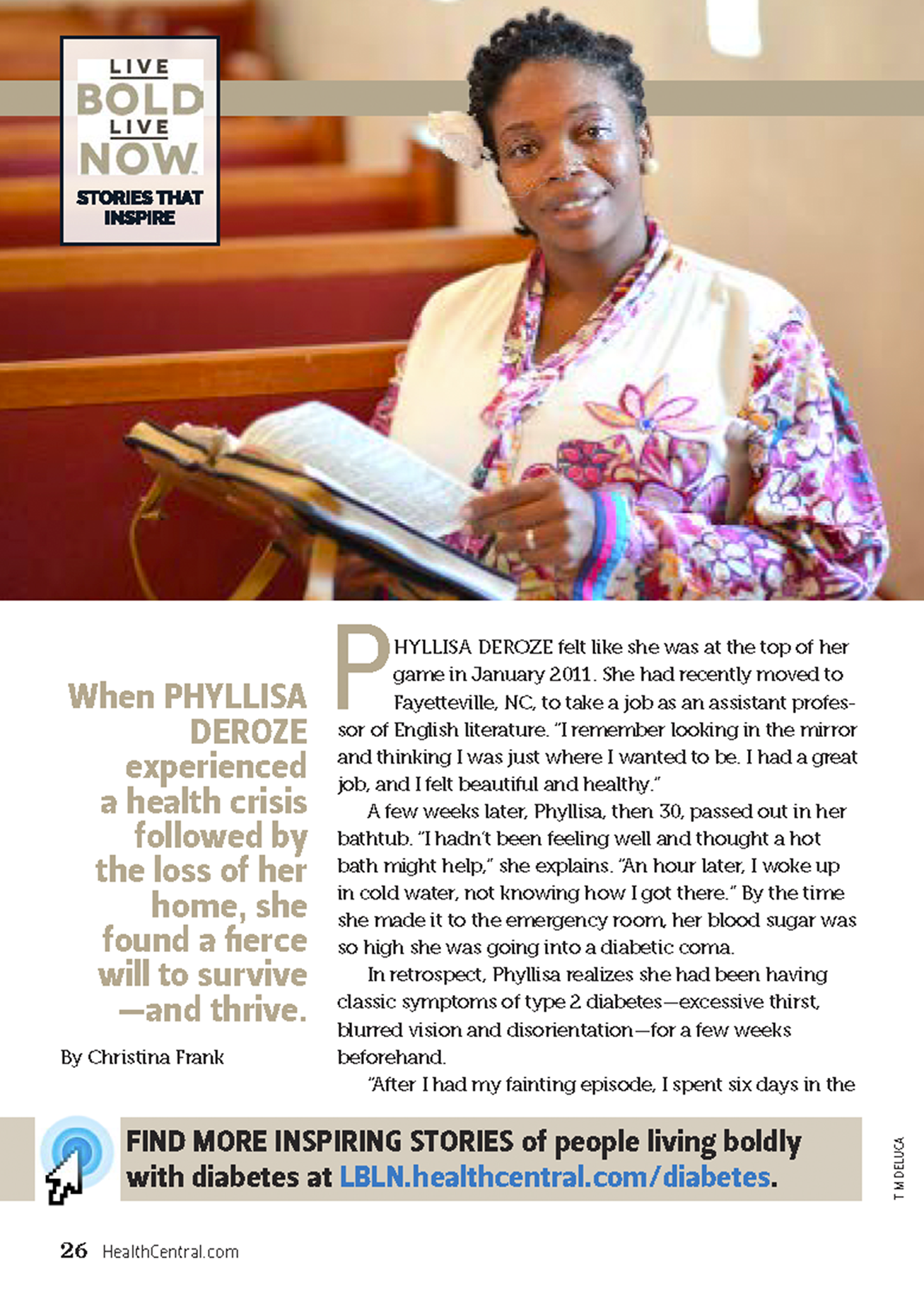
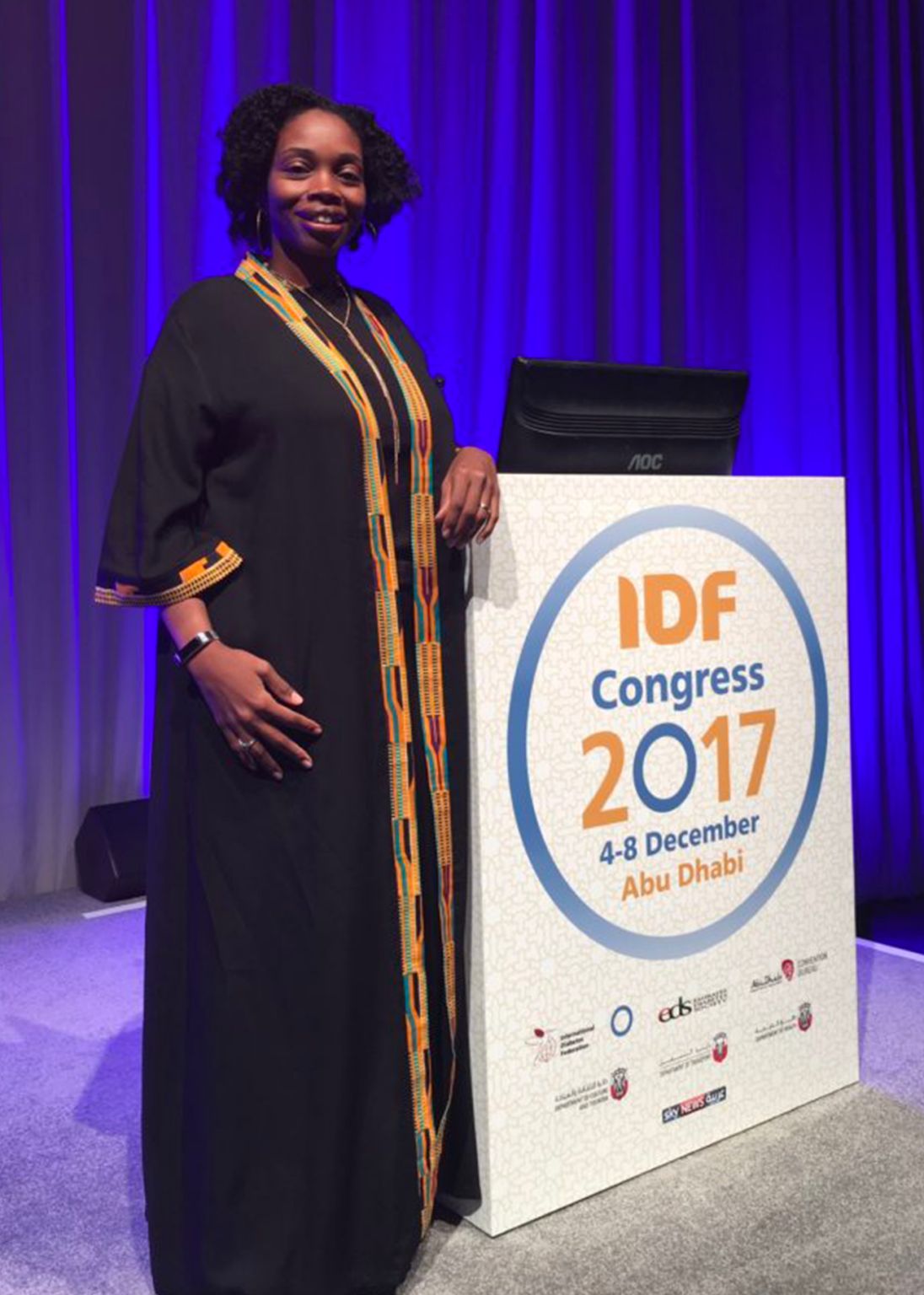
I hope someone told you, I know they did not, That people int this community are incredibly helpful and friendly, without judgement. That makes our community the very best. Nobly whats diabetes, and nobody should ever do it alone.
hi.
i’m 60. Up to now, I haven’t had regular and consistent use of different medicines.
It has been 2 years that the tests has shown the no.’s above 110 for my flasting blood, but I have always been denying them. I had many sweets and sugar and so on…. ,
I had my last test and it was 162 !!! yes. it is very serious , and I have to do some thing. what? to go to my doctor and have my pills .
Total cholestrol, LDL , and the anzymes of liver are also at high range.
finally I got it!! too late? I hope not.
good luck:
HI I am new to this site, but not new to being a diabetic, At “71” have it for about 7yrs, I too go up and down, most of the time doing and eating Something”s I like to have. Right now I am back up Hope to stay up on my care this time going to diabetic classes which I never did before and taking blood sugars which I do not like to do. That being said I am Hoping the best for You
Thank you for stopping by and commenting. I think some diabetes classes are great refreshers. I use to attend a weekly educational seminar and it helped me a lot. I wish you the best as well.
The other side of the “if it could happen to her, then it could happen to me.” issue is they look for what you have done to cause it. Because if they can avoid what you have done then they can control it happening to them. I saw that a lot. Not only with T2D, but with breast cancer also. It is really thin ice to skate on. I’ve lost friends and isolated myself from family members because of it.
Very true. I think sometimes people should just listen. No speak, just process what the person is saying about their experiences are.